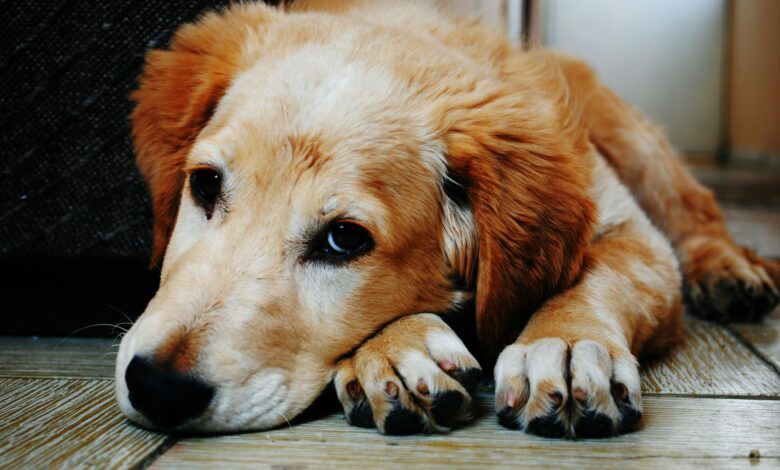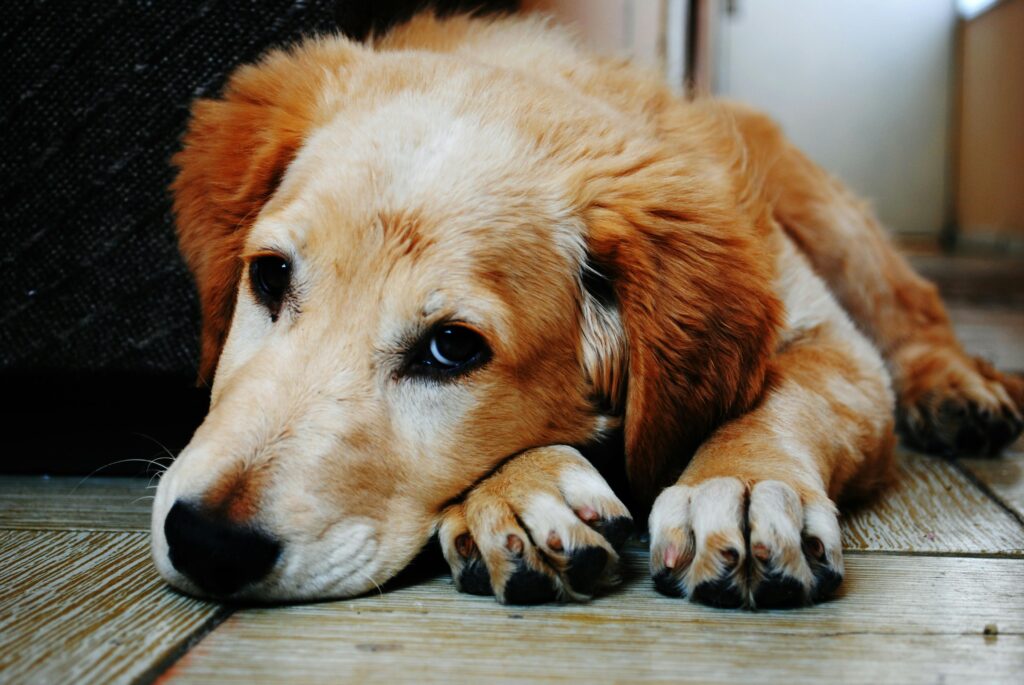
my puppy is losing hair
Hair loss in puppies can be caused by a variety of factors, including allergies, parasites, hormonal imbalances, and skin infections. Allergies, whether they are food-related or environmental, can cause a puppy to lose hair on their face. Common allergens include pollen, dust mites, and certain ingredients in dog food.
Parasites such as fleas, ticks, and mites can also cause hair loss in puppies. These pesky critters can irritate the skin and lead to excessive scratching and biting, resulting in hair loss. Hormonal imbalances, such as hypothyroidism or Cushing’s disease, can also lead to hair loss in puppies.
Additionally, bacterial or fungal skin infections can cause hair loss and other skin issues in puppies. It’s important to consult with a veterinarian to determine the underlying cause of your puppy’s hair loss and to develop an appropriate treatment plan. Hair loss in puppies can present in different ways, including patchy bald spots, thinning hair, or red, inflamed skin.
It’s important to understand the different types of hair loss in dogs in order to properly identify and treat the issue. Alopecia, or hair loss, can be categorized as either focal (localized to a specific area) or generalized (affecting the entire body). Focal alopecia can be further classified as symmetrical (affecting both sides of the body equally) or asymmetrical (affecting one side of the body more than the other).
Additionally, hair loss can be categorized as non-inflammatory (no redness or irritation) or inflammatory (accompanied by redness, swelling, or itching). By understanding the different types of hair loss in puppies, pet owners can better communicate with their veterinarian and ensure that their puppy receives the appropriate treatment.

How to Identify and Treat Hair Loss on a Puppy’s Face
Conducting a Thorough Examination
If your puppy is experiencing hair loss on their face, it’s essential to carefully inspect the affected area for any signs of irritation, redness, or inflammation. Look for any bald patches or thinning hair, and take note of any changes in your puppy’s behavior, such as excessive scratching or licking.
Diagnosis and Treatment
Once you have identified the extent of the hair loss and any accompanying symptoms, it’s crucial to consult with a veterinarian for a proper diagnosis and treatment plan. Depending on the underlying cause of the hair loss, treatment may involve medication, dietary changes, or environmental modifications. Treatment for hair loss on a puppy’s face will vary depending on the underlying cause.
Common Causes and Treatments
If the hair loss is due to allergies, your veterinarian may recommend an elimination diet to identify and eliminate the allergen from your puppy’s diet. In some cases, antihistamines or corticosteroids may be prescribed to alleviate symptoms. If parasites are the culprit, your veterinarian may recommend a topical or oral flea and tick treatment to eliminate the infestation. For hormonal imbalances or skin infections, medication may be prescribed to address the underlying issue. It’s essential to follow your veterinarian’s recommendations closely and monitor your puppy’s progress to ensure that the treatment is effective.
Preventative Measures for Hair Loss in Puppies
Preventing hair loss in puppies involves proactive measures to maintain their overall health and well-being. Regular grooming is essential for preventing hair loss and maintaining healthy skin and coat. Brushing your puppy regularly helps to remove loose hair and distribute natural oils throughout their coat, which can help prevent dryness and irritation.
Additionally, regular baths with a gentle, hypoallergenic shampoo can help keep your puppy’s skin clean and free of allergens and irritants. It’s important to use products specifically formulated for puppies, as adult dog shampoos may be too harsh for their sensitive skin. In addition to grooming, it’s important to provide your puppy with a balanced diet that meets their nutritional needs.
A diet rich in high-quality protein, essential fatty acids, vitamins, and minerals is essential for healthy skin and coat. Consult with your veterinarian to determine the best diet for your puppy based on their age, breed, and any underlying health conditions. Providing your puppy with regular exercise and mental stimulation is also important for their overall health and well-being.
Regular physical activity helps to maintain a healthy weight and promotes circulation, which is important for healthy skin and coat. Mental stimulation through interactive toys and training exercises helps to keep your puppy engaged and reduces stress, which can impact their skin and coat health.
When to Seek Veterinary Care for Your Puppy’s Hair Loss
If you notice that your puppy is losing hair on their face or experiencing any other skin issues, it’s important to seek veterinary care promptly. Hair loss can be a symptom of an underlying health issue that requires medical attention. Additionally, untreated skin issues can lead to discomfort and secondary infections if left untreated.
If your puppy is experiencing hair loss on their face, it’s important to schedule an appointment with your veterinarian for a thorough examination and proper diagnosis. In some cases, hair loss on a puppy’s face may be accompanied by other symptoms such as itching, redness, or inflammation. These symptoms may indicate an underlying issue that requires veterinary care.
Additionally, if your puppy’s behavior has changed or they seem uncomfortable or distressed, it’s important to seek veterinary care promptly. Your veterinarian will be able to determine the underlying cause of your puppy’s hair loss and develop an appropriate treatment plan. Early intervention is key to addressing any health issues and preventing further discomfort for your puppy.
Grooming and Skin Care Tips for Puppies with Hair Loss
Grooming and skin care are essential for puppies experiencing hair loss on their face. Regular grooming helps to remove loose hair and distribute natural oils throughout their coat, which can help prevent dryness and irritation. When grooming your puppy, use a soft brush or comb designed for puppies to avoid causing further irritation to their skin.
Be gentle when brushing or bathing your puppy to avoid causing discomfort or exacerbating any existing skin issues. In addition to regular grooming, it’s important to provide your puppy with proper skin care to address any underlying issues that may be causing their hair loss. If your puppy has allergies or sensitive skin, consider using hypoallergenic grooming products specifically formulated for puppies.
These products are designed to be gentle on their skin and coat while effectively removing dirt and allergens. Additionally, if your puppy has any open sores or irritated areas on their face, it’s important to keep these areas clean and dry to prevent infection.

